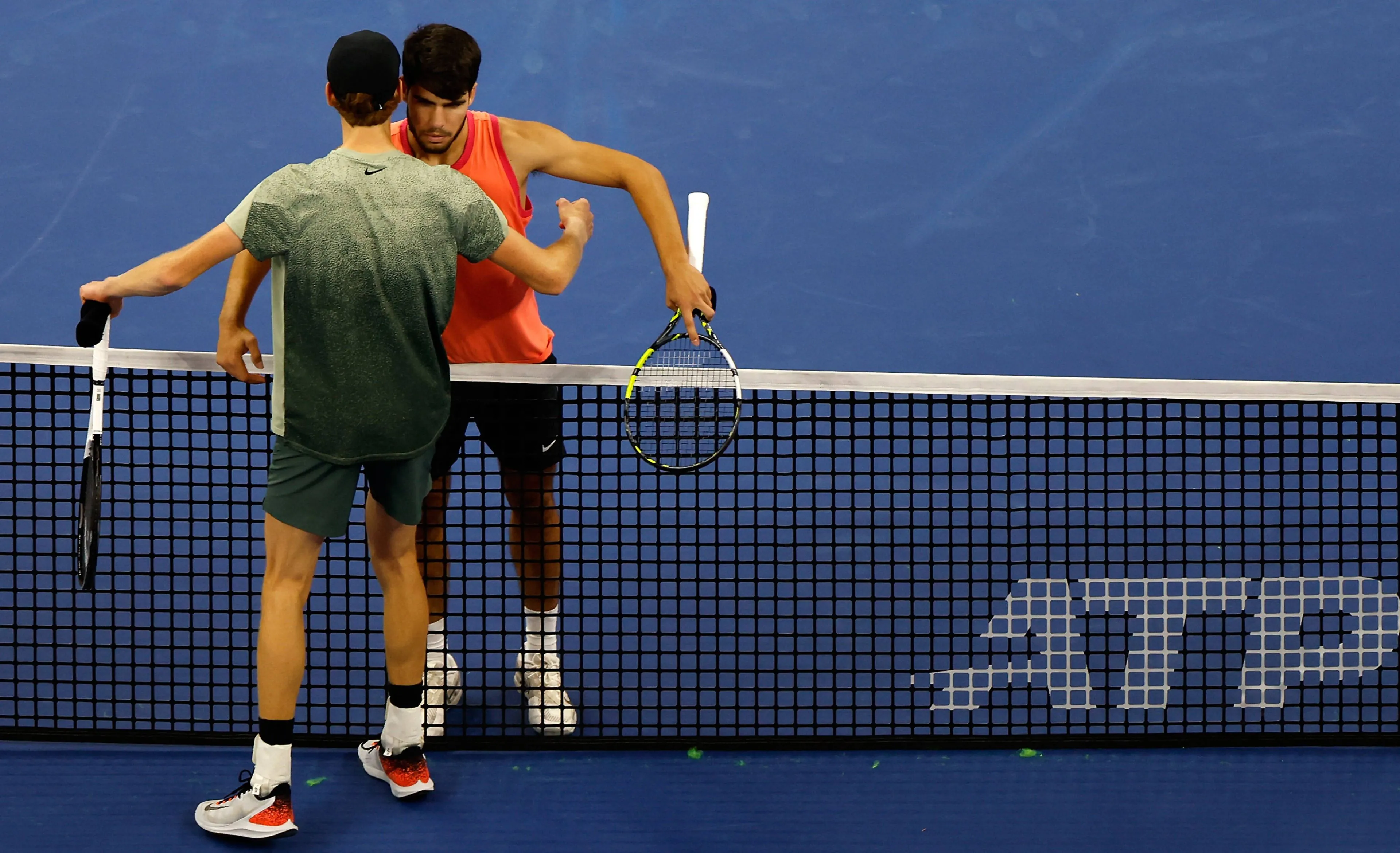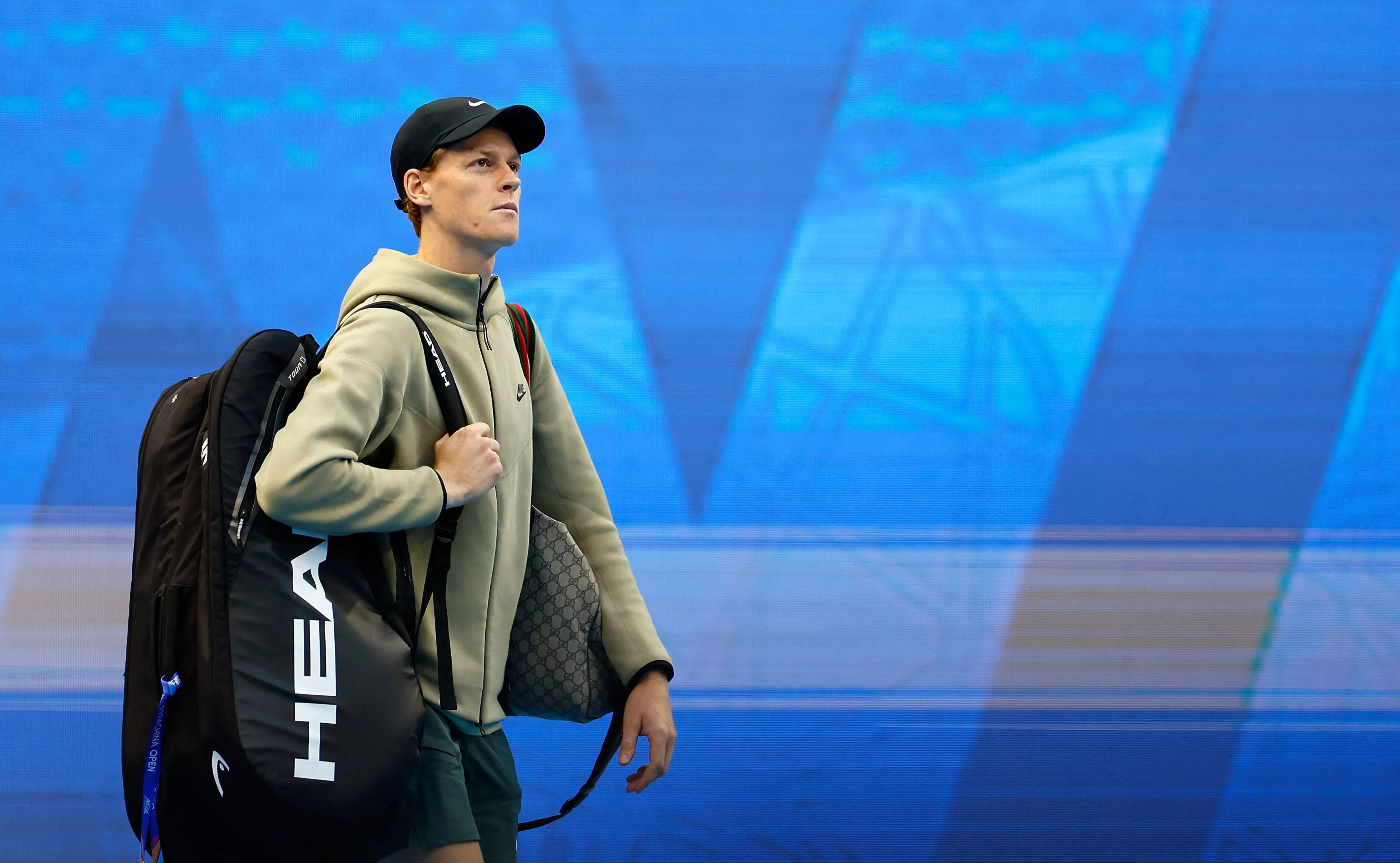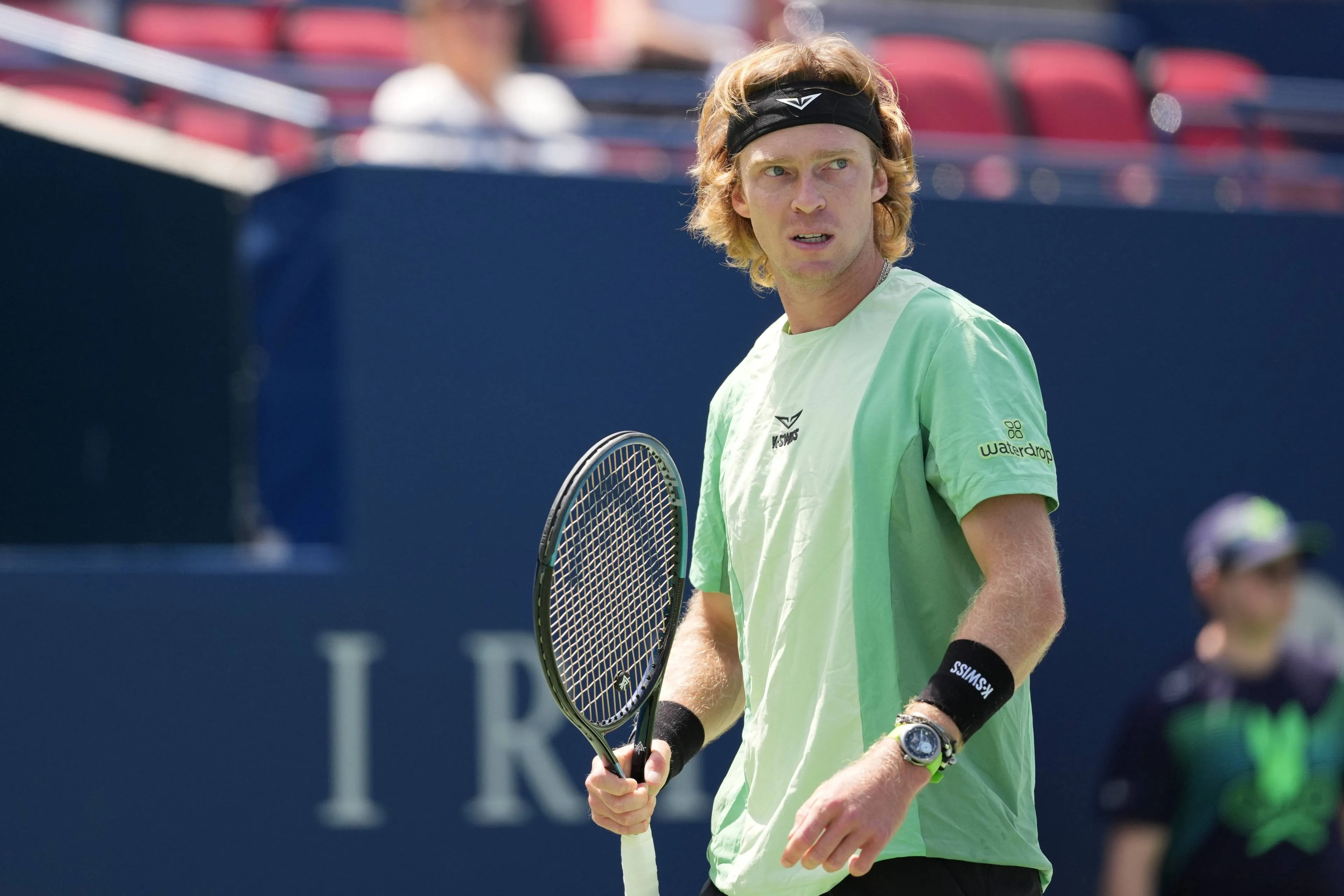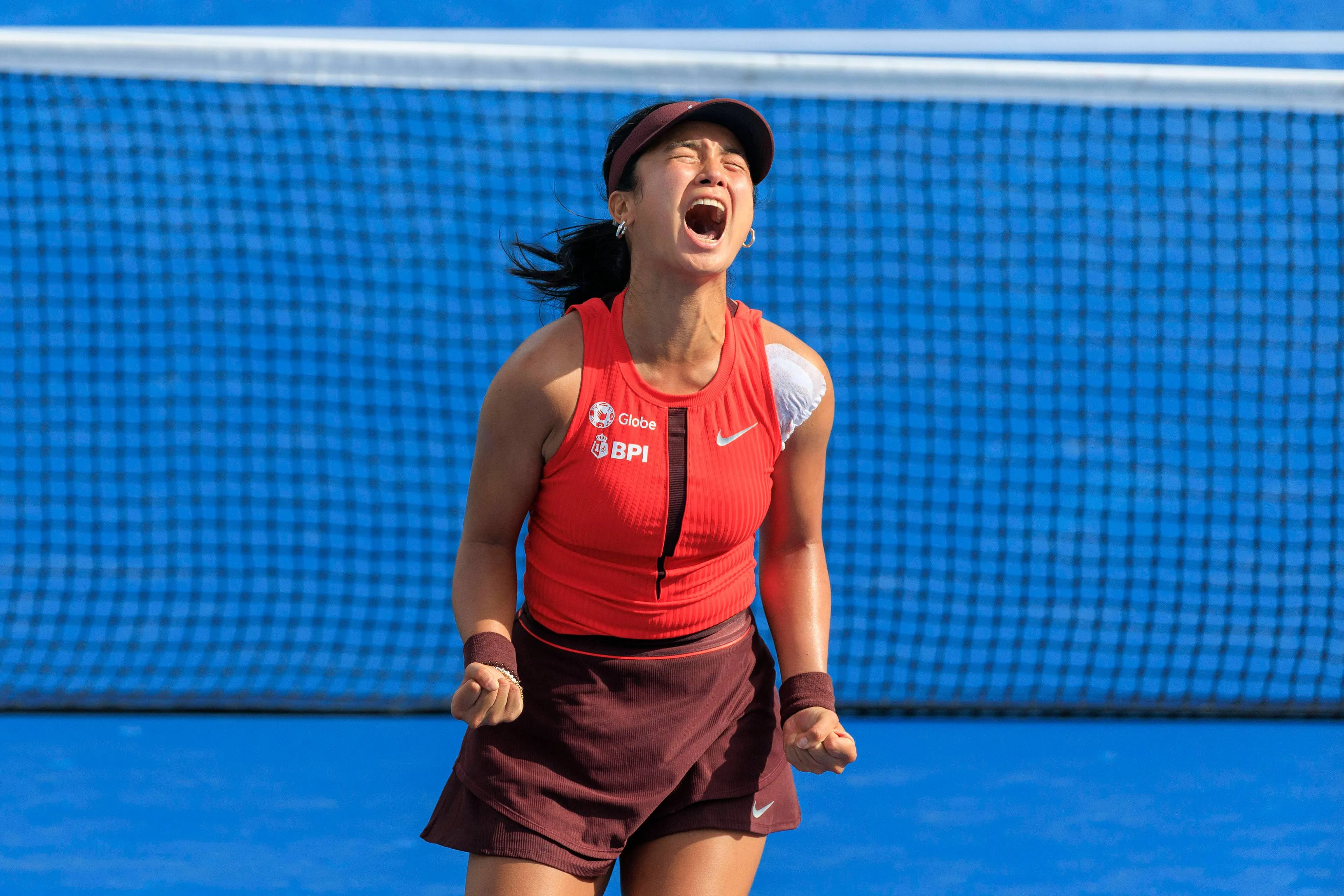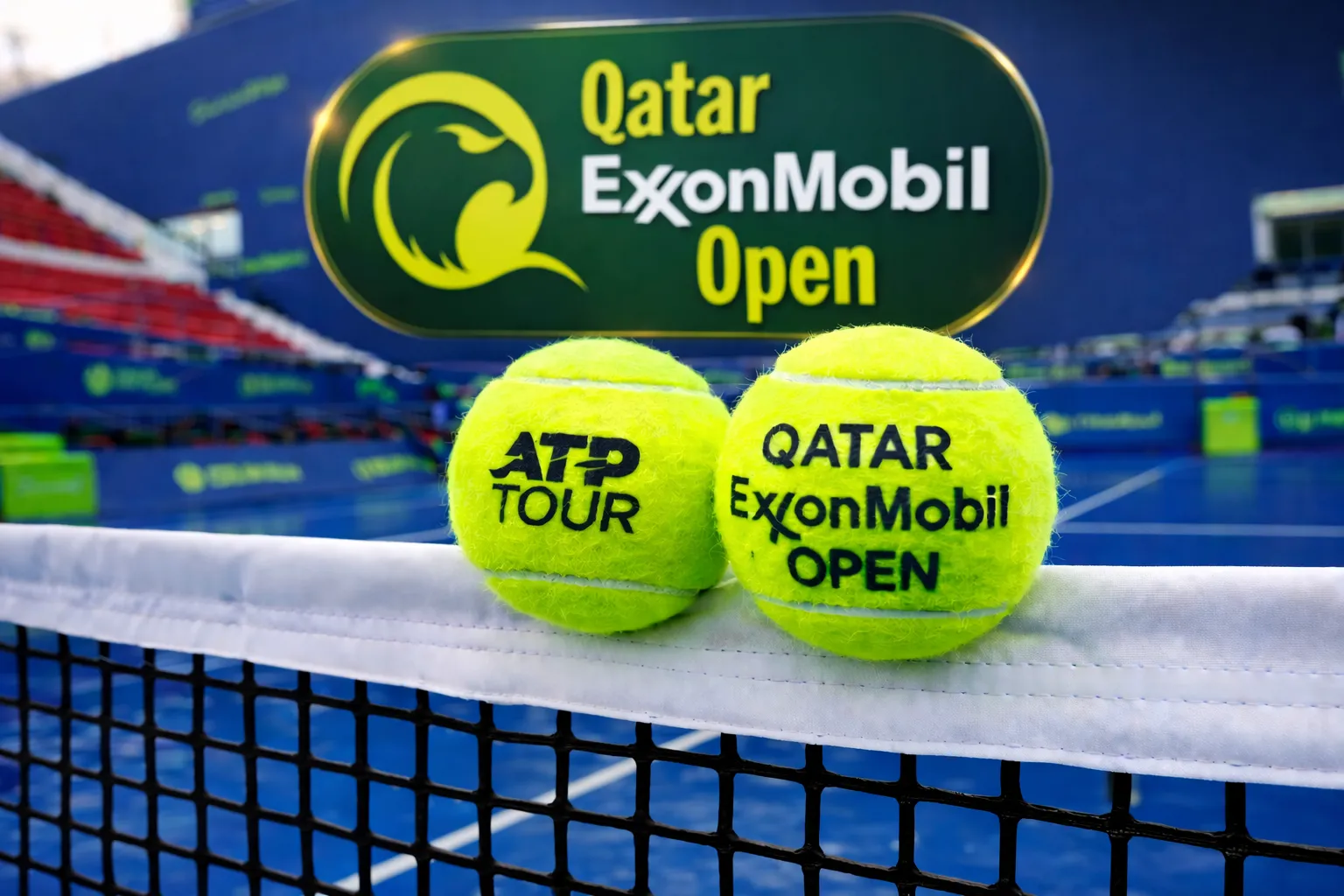"The way we handle cases does not change": ITIA stands firm on Jannik Sinner's doping case
ATPSunday, 20 October 2024 at 22:55
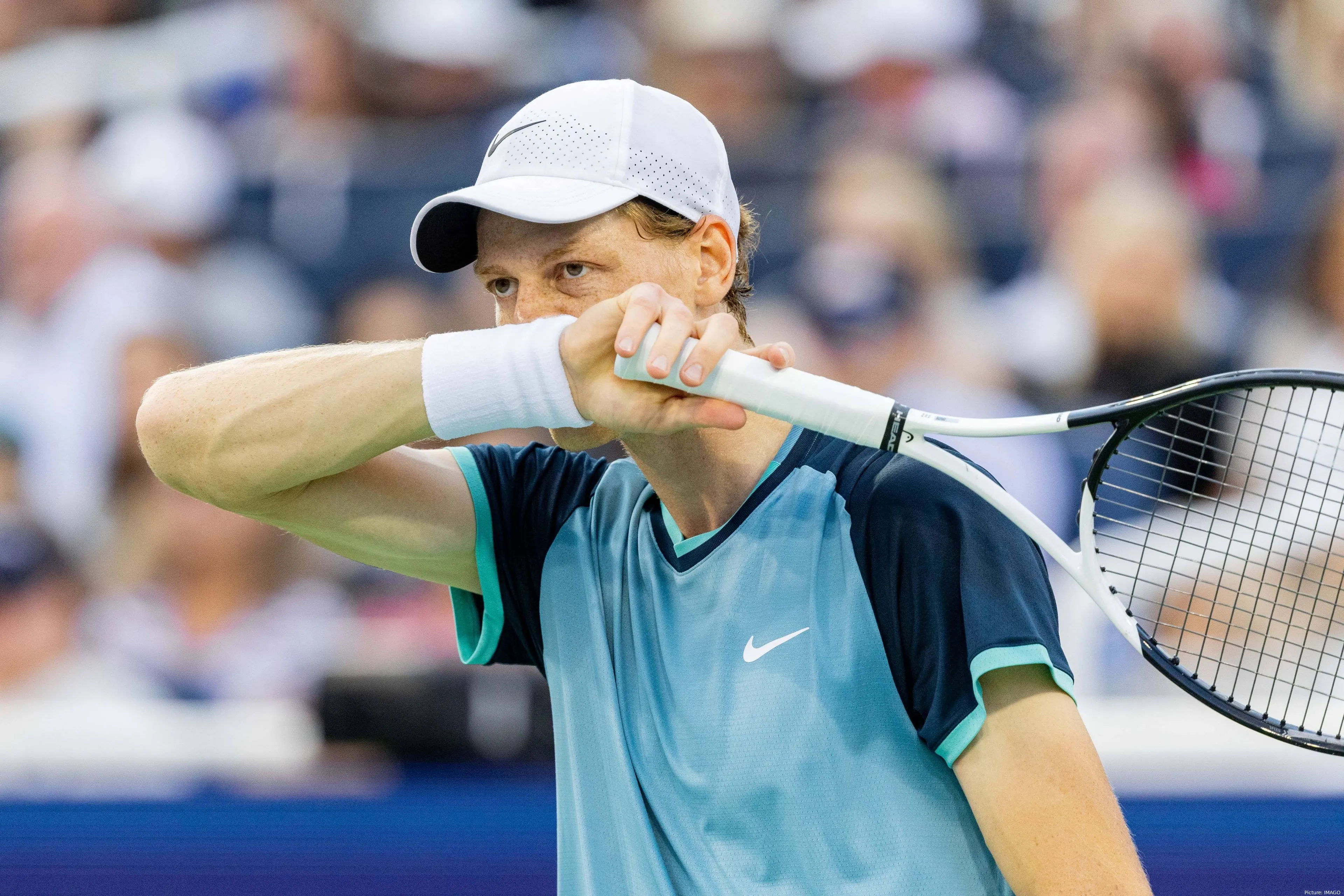
Jannik
Sinner’s doping case continues to spark controversy, with the ITIA defending
the decision not to suspend the world No. 1. The Italian tested positive twice
for Clostebol back in March during Indian Wells; however, the case was kept
secret until the ITIA accepted Sinner’s appeal, making it public only in
mid-August, just before the US Open.
The
two-time Grand Slam champion remains at the center of the controversy, as
several players have criticized the decision, especially considering that in
similar cases, players faced long suspensions, and the cases were made public
immediately after the positive test result, as in the case of Simona Halep a
few years ago.
ITIA responds to backlash in Sinner doping scandal
The
criticism against the ITIA was echoed on social media, with many Tour stars
expressing their opinions. Sinner received support from players like Novak
Djokovic and Carlos Alcaraz, while Nick Kyrgios was the most outspoken critic.
Read also
The ITIA’s
decision was recently challenged by WADA at the Court of Arbitration for Sport
in Lausanne, where they are seeking a suspension of one to two years for the
Italian. A ruling is expected between January and February 2025, leaving Sinner
at risk of a potential suspension.
"The
process of handling anti-doping cases is complex, and we understand that it can
be confusing to understand differences in outcomes or perceived inconsistencies
in the process. To be absolutely clear, the process is defined by the World
Anti-Doping Code, established by the World Anti-Doping Agency and the Tennis
Anti-Doping Programme," the ITIA statement said.
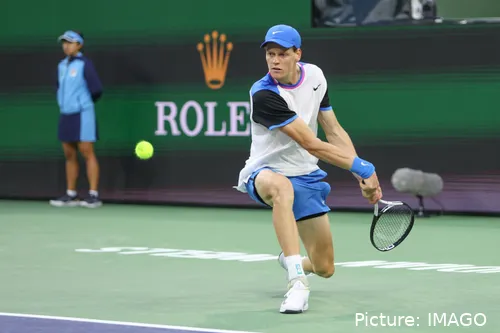
Jannik Sinner at 2024 Indian Wells.
"The
way we handle cases does not change, regardless of the profile of the player
involved. How a case unfolds is determined solely by its circumstances, facts,
and science. In the Sinner case, we understand that the focus of the appeal is
on the interpretation and application of the rules by the independent tribunal
in determining what level, if any, of fault is applicable to the player, rather
than the ITIA's investigation of the facts and science."
Read also
"That
said, we recognise that it is our responsibility to work with members of the
tennis family to ensure there is trust in the process, and we encourage
dialogue with players, their representatives, and the media on this," the statement concluded.
claps 0visitors 0
Just In
Popular News
Latest Comments
- The poor Head Sportswasher has been whining and crying in the media, and basically threatening Saba, Iga, etc. Must be a real Ego Buster when they dangle money and people (especially Women) say, 'No thanks'.
- "Losing-itis" is not uncommon in Emma's small world. Just keeps begging the question, 'What are sponsors paying for? Limited tennis appearances... or Social Selfie Media presence?'
- Dubai can suck it up like everyone else. Just because they think they run the show, they do not. Sportswashing does not give them Power.
- You're losing your mind here.. You use a lot of space, yet inadequate knowledge. Read the WTA Rule Book 2026; it answers all your questions and accusations.
- Why single out Iga and Aryna to punish?, Since when do players get punish because they withdraw from tournaments? Maybe if they both were treated like number one and two players, they would not have this problem. The WTA discriminates against them because of their nationalities, yet they want to make money off them. Every tournament, Iga has harder draws than qualifiers from the beginning to the end. In the Australian Open they stuck Aryna out in the sun the majority of her matches in order to tire her out. She is the number one player in the world and she never got the opportunity to play with the roof closed. If they want these top players to continue playing and making money for them, then they should treat them as such. Otherwise, get the players who they are always giving out cupcake draws to like Pegula to play their tournaments. Lets see how many seats in the audience she will fill. Iga has more fans in the seats than any player in the WTA, yet she is always disrespected and mistreated because of her nationality. The WTA is a corrupt, bias and racist organization. No matter what job someone is on, you cannot tell them that they are not sick or injured.
- LOL. Billie Jean King hates being a woman.
- Pulling out a tournament is not illegal. Therefore, that is no problem. Maybe they need more rest.
- It is simple. If you do not want cameras following you, get away from tennis and go find another job. Cameras and interviews are a part of the job. They do not mind cameras when they are winning. If the women tennis players would put the same amount energy to playing tennis as they do with complaints, women tennis would be exciting to watch.
- Yeah, that's what I would do... be nice and lose a match
- Turns out Swiatek is as big a cheater as Draper (remember vs FAA?)when she didn’t admit to hitting a double bounce drop shot. The blind chair ump didn't even see it on the replay but fortunately got the correct call from someone on the phone (supervisor?) we all saw it…..it wasn’t even a close call. Great win Sakkari !!
Loading
